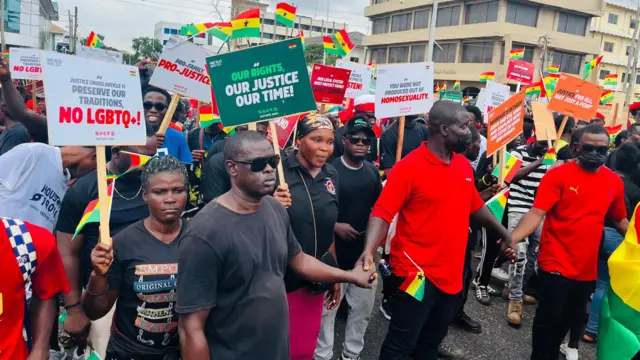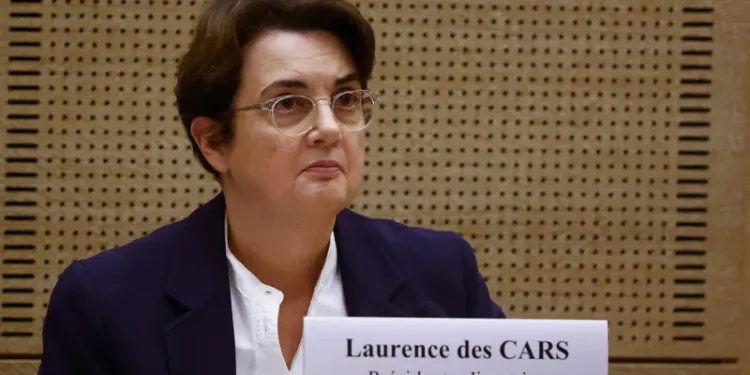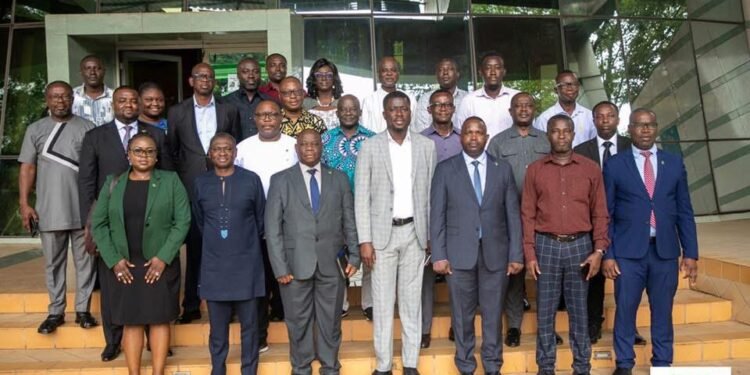During a time of unmatched challenges, Nigeria’s Bola Tinubu would assume the presidency of Africa’s most populous nation today. While some citizens have eyed for an improved future, others doubt that his administration would do anything better than the one that just ended.
The ex-Lagos governor, is set to replace President Muhammadu Buhari as President of Nigeria. The country has been tipped to surpass the United States as the third-most populous country in the world by the year 2050, along with China and India.
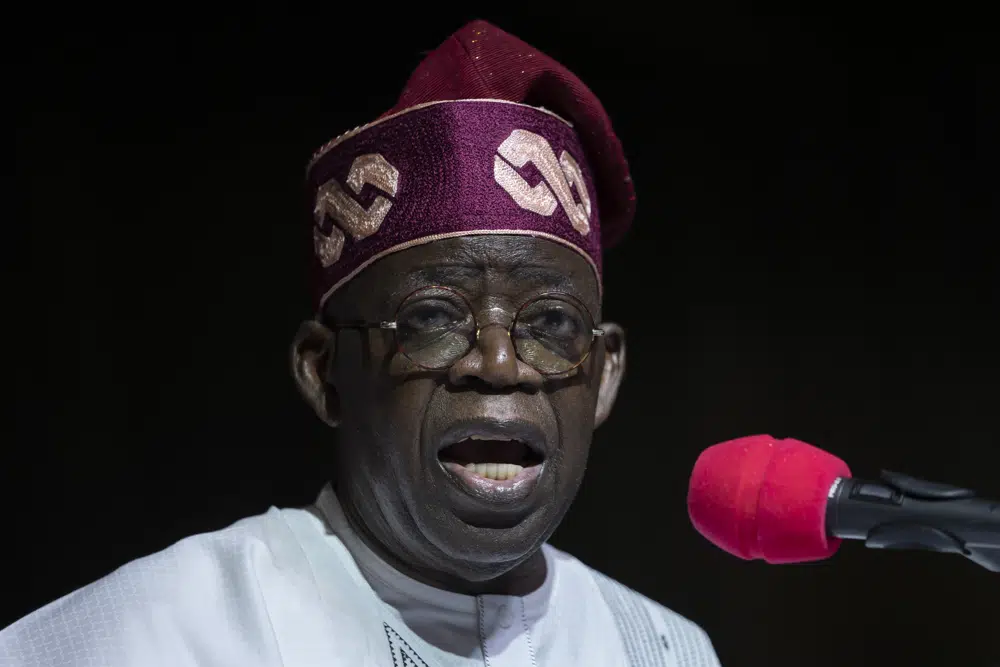
In a nation plagued by severe security crises, pervasive poverty, and starvation, Tinubu has vowed to capitalize on Buhari’s initiatives to bring economic benefits to Nigerians. Additionally, Tinubu has vowed to bring Nigeria back together despite the fact that many young Nigerians and rival parties have raised questions about his election victory.
His “renewed hope” campaign message placed emphasis on the creation of enough jobs, increasing the local manufacturing industry, investing in agricultural production, and public infrastructure, support financially to those, who are least fortunate and vulnerable, and improving national security structures to combat all forms of insecurity.
However, some experts claim that Buhari’s initial election as president in 2015 as a former military leader, reminded them of the pledges made by Tinubu and the optimism they inspired. His top aims were to reduce insecurity and strengthen the economy, but he ultimately fell short of many people’s expectations.
“No Nigerian president has come into office with so much goodwill from citizens as President Buhari, but no other president has squandered it as quickly as President Buhari did,” said Dr Seun Kolade, a Nigerian Professor at De Montfort University, U.K asserted. “In terms of expectations and what is possible, this is a very mediocre eight years, to put it mildly,” he added.
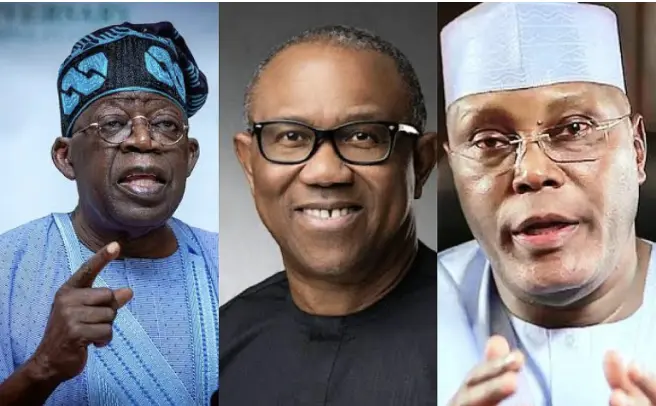
In the capital city of Nigeria, Abuja, the two major issues that residents of Nigeria struggled with throughout Buhari’s eight-year administration, were economic hardship and insecurity.
“People have really suffered a lot throughout this time,” According to Princess Taiwo, a fruit vendor, “People have been dying due to lack of money, and I pray and hope we should not face this kind of situation again under the new administration.”
Sunday Imoke, a trader, backed millions of others in voting out the Nigeria’s then-President Goodluck Jonathan with the expectation of a safer nation in 2014 after he lost his brother in a terrorist attack in the Nyanya district. However, he claimed that the departing president shattered his aspirations.
“Many people died under Buhari. Buhari failed miserably, achieved nothing, and lacked godly fear,” Imoke stated.
Before Buhari took office in 2015, Nigeria’s development had been hampered with years of ineffective leadership and widespread corruption, making it impossible for the populace to profit from the nation’s high gains as Africa’s largest oil producer.

Many people believe that under Buhari, though he has lowered the activities of Islamic radicals in the northeast and constructed significant projects with the help of foreign financing, but the living standard of life have decreased.
In addition to an ailing economy, challenged with record joblessness, inflation at an 18-year high of 22.2%, and soaring debt, they point to widening instability in other sections of the nation and increasing poverty.
Buhari has made the situation worse, Kolade, a development specialist claimed. “When you combine the lack of opportunities in a setting that is disabling with a strong youth population, that is a ticking time bomb,” Kolade said.
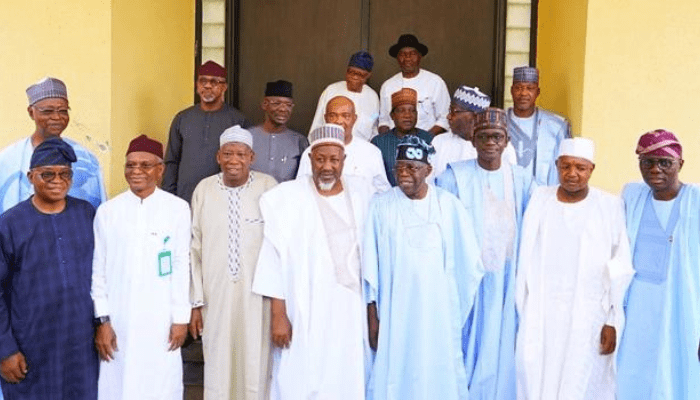
As the leader of the All Progressives Congress, which has been accused of graft, Tinubu as President-elect of Nigeria, has raised questions about how efficient he would be in power.
Although he has frequently mentioned creating the best leadership team for Nigeria, Leena Koni Hoffmann-Atar, senior researcher at the Chatham House think-tank, noted that the country’s issue has never been the caliber of government employees but rather transparency.
READ ALSO:Met Police To Say No To Emergency Mental Health Calls










